by Richard Rule
Kurt Student, the founding father of Germany’s elite parachute forces, was born on May 12, 1890, and served with distinction as a fighter pilot and squadron leader in World War I. As director of air technology during the postwar years, he took great interest in the Russian military’s experimentation with airborne troops.
[text_ad]
Joining the Luftwaffe during its formation in 1934, the ruthlessly ambitious Student forged a reputation as an energetic, intelligent officer of unswerving loyalty who left political and moral judgments to others.
In 1938, at Göring’s behest, he took up command of Germany’s fledgling airborne unit, the 7th Fliegerdivison, a role for which he was naturally suited. As part of the developing concept of blitzkrieg, Student was soon promoting a new type of warfare that banked heavily on the psychological impact of shock troops attacking from the skies in gliders and by parachute. The strategy, known as “Vertical Envelopment,” was a vision to which Student would devote the rest of his military career.
Student’s Approach Bred High Morale, Fierce Loyalty, and an Aggressive Self-Confidence Deemed to be “the Parachutist’s Spirit.”
Only volunteers were accepted into the division, and of these only one in four would meet the exacting demands of Student’s selection criteria. To build solidarity and mutual respect, all ranks were put through the same three months of intense infantry, demolition, and parachute training. As was noted, “There were no exceptions for anyone, whatever his rank … everyone took the same risks and everyone faced similar tests.”
Despite his austere reputation, Student was highly regarded by his staff and always calm in a crisis. His approach bred high morale, fierce loyalty, and an aggressive self-confidence deemed to be “the parachutist’s spirit.” With the golden plunging eagle badge of the parachute forces proudly displayed on their distinctive uniforms, these men, whose average age was only 18, regarded themselves as exceptional soldiers, superior to all others.
During the blitzkrieg of 1940, Student’s paratrooper forces silenced their critics by making a significant contribution to the invasions of Holland, Norway, and Belgium. By early 1941, however, with the focus of the German armed forces now directed toward the Mediterranean, Student’s crack parachute troops impatiently awaited new opportunities.
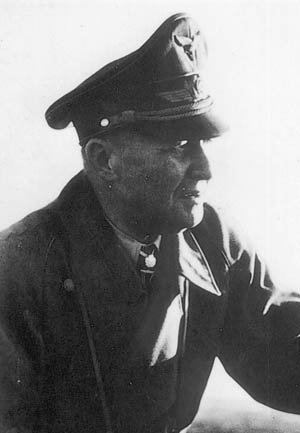

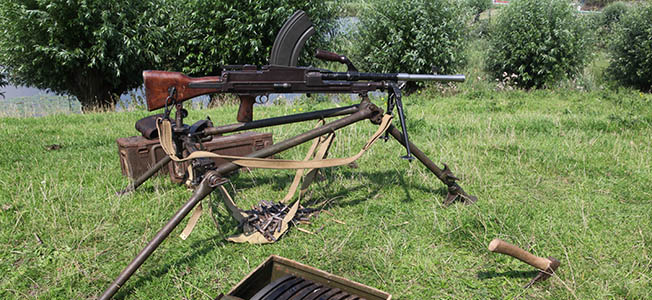
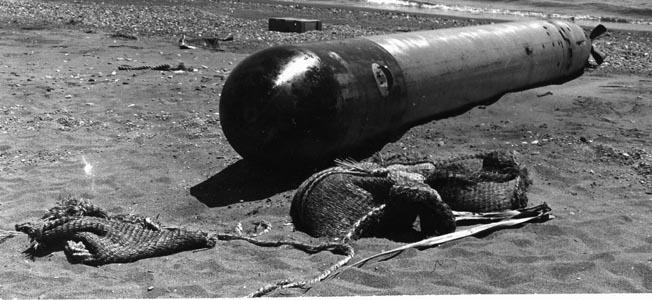
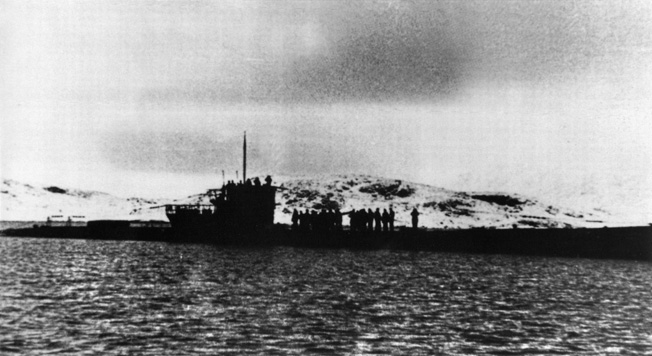
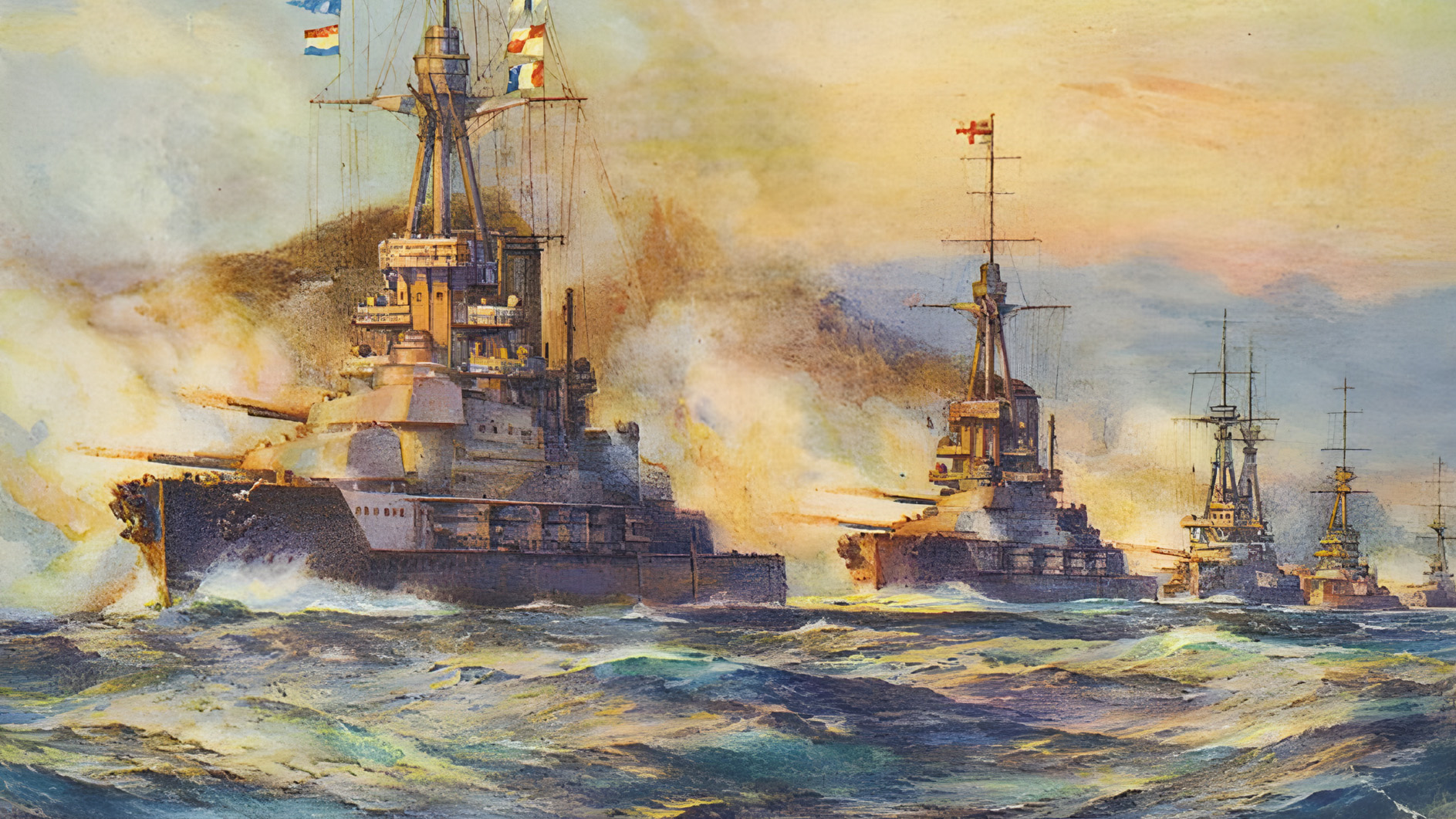
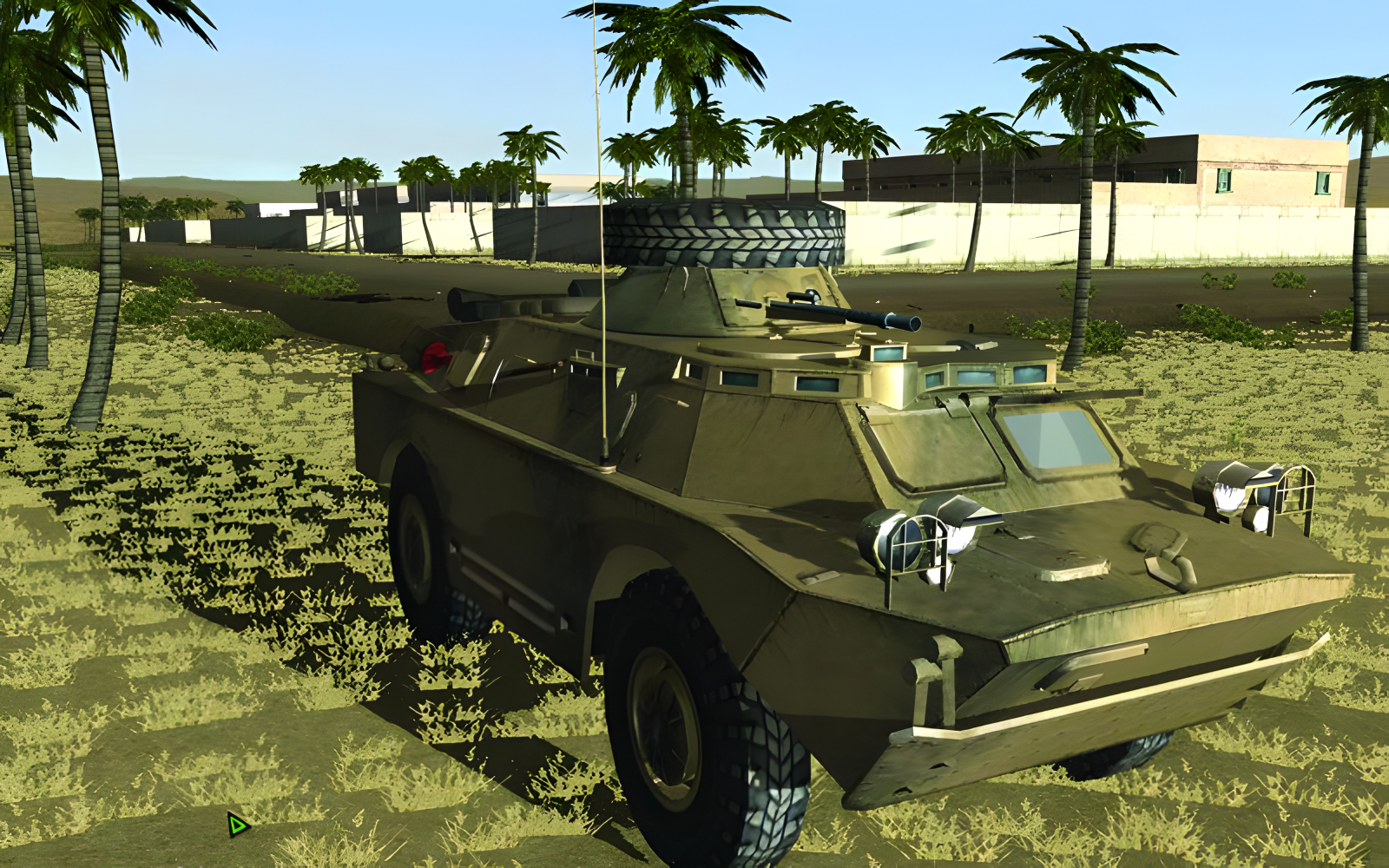
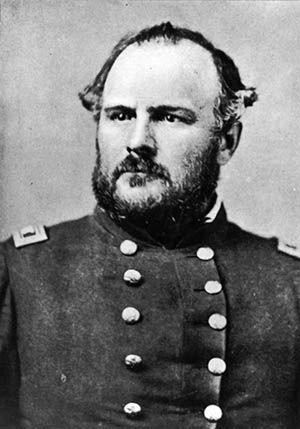
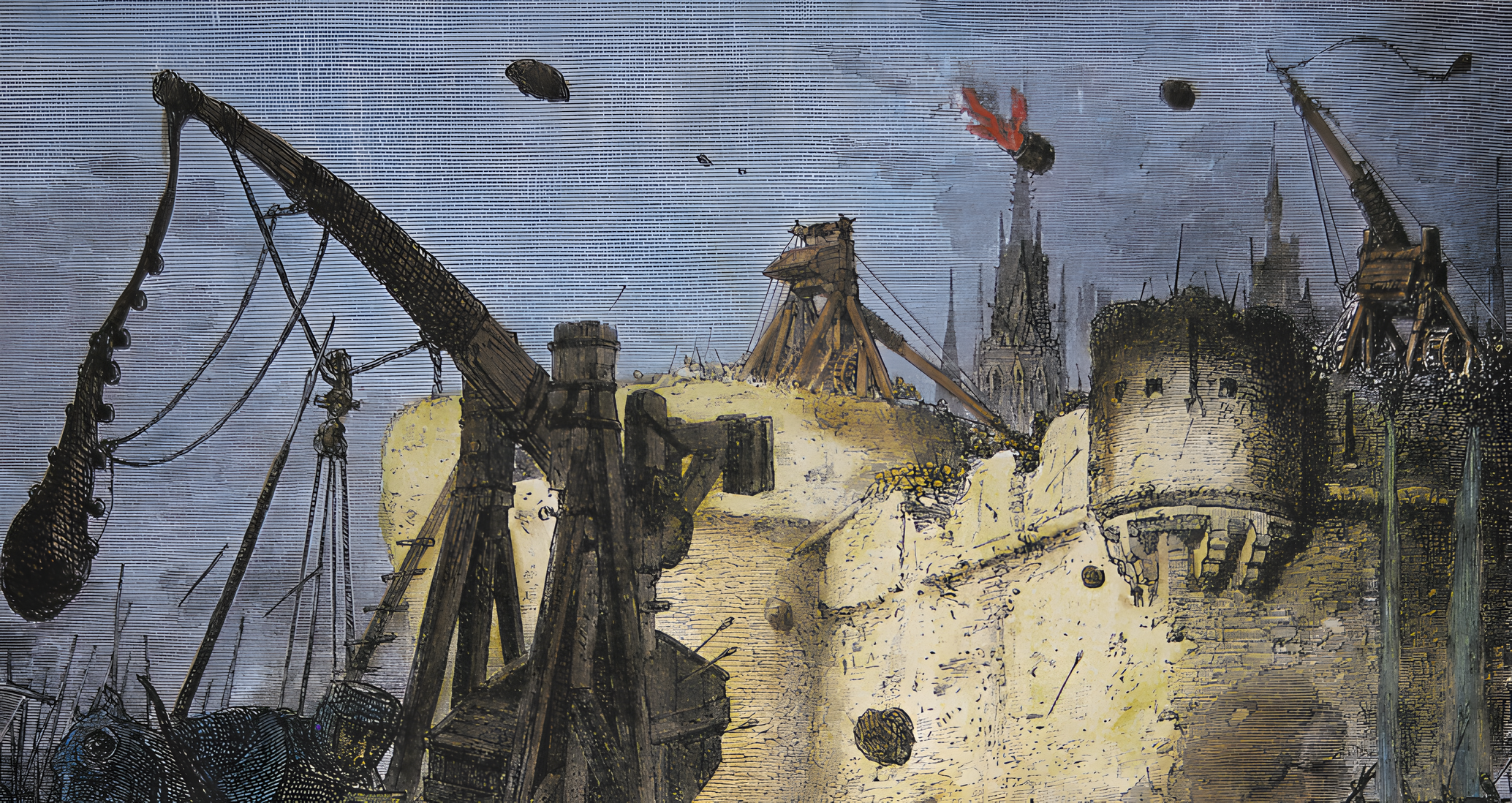
Join The Conversation
Comments
View All Comments